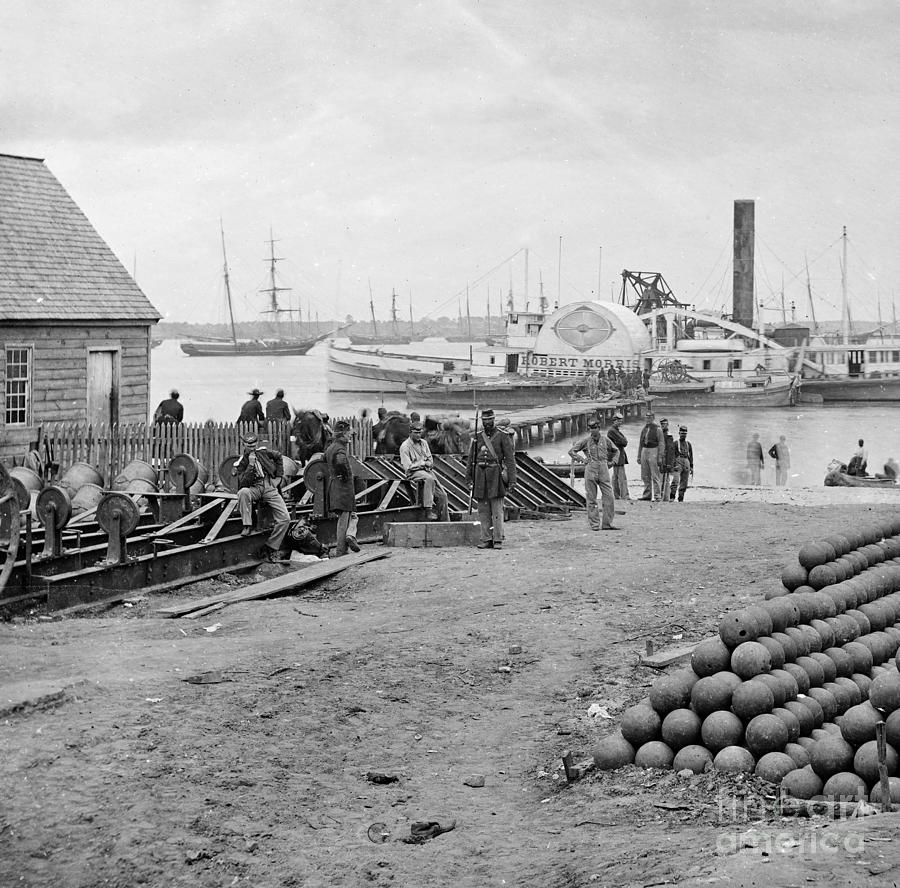

Closing the ports appeared simple, requiring only an executive order. Assuming that the rebellion was an internal struggle, the government could simply close its southern ports under United States law. Heated discussions ensued over the two proposed plans. Some argued that the government should close the ports rather than blockade them. Lincoln's idea to blockade the Confederacy did meet with some disagreement. īefore the announcement of the blockade, Lincoln and his cabinet had discussed other options. He indicated in the proclamations that the United States would “follow the law of nations” and that the warships would first issue a warning and capture any vessel on the next attempt to evade the blockade. On April 27, Lincoln issued a second proclamation that included the latter two states. The first was a proclamation by Lincoln on April 19 and included all the coastal Confederate states except North Carolina and Virginia. The announcement of the blockade came in two messages. The remaining ships were in the Gulf of Mexico or on foreign stations from which some did not return for six months. The navy had only three armed vessels ready for service on the Atlantic coast at the outbreak of war. Although formidable warships, they could not effectively patrol the South's shallow waters because of their deep drafts. These five steam frigates constituted the main element of American naval strength. Eight others, including five steam frigates, were laid up for repairs.

Of the forty steam vessels listed, two lay unfinished, three served as receiving ships, and three patrolled on the Great Lakes. Fifty were sailing vessels, of which the larger were useful mainly as receiving and training ships. On paper, there were only ninety warships in the navy. The navy of the United States was far from strong when the war began and was incapable of blockading the entire Confederate coast. Lincoln's call for a blockade, which created the need for a large navy, may have been his wisest wartime decision given the important role played by this service during the conflict. In April 1861, Abraham Lincoln announced he would institute a blockade of the Confederate coastline. For centuries, blockades have been important instruments of warring nations, and when successful, gave an advantage to the country that implemented one.


 0 kommentar(er)
0 kommentar(er)
